By Richard Akinnola
But how did the judiciary rise to the occasion under the various military governments when people were variously detained under various detention laws?
Most statutes, particularly one that circumscribe the liberty and fundamental rights of individuals, have to go through the crucible of judicial furnace.
Our law reports are replete with various decisions, dating back to the 60s, where the judiciary rose to the occasion to protect the liberty of citizens, particularly under the rampaging military dictatorships and Nigeria’s human rights jurisprudence has been able to develop and enriched through such actions.
Therefore, the judicial detention of the Convener of Revolution Now movement, Omoyele Sowore, would similarly have to pass through the litmus test of judicial decisions.
Though Justice Taiwo Taiwo of the Federal High Court partially acceded to the request of the Department of State Services, which brought an ex-parte application to detain the man for 90 days, the judge nonetheless granted a 45-day detention, at first instance. In other words, the detention order under the Terrorism (Prevention) Act of 2011, could be renewed, akin to the notorious States Security (Detention of persons) Decree No. 2 of 1984 (as amended), which was renewable every three months by the detaining authority.
It is within this context that l am analysing this issue, drawing extensively on how the judiciary dealt with the issue of Decree 2 during the military era. It is necessary to draw this parallel because Sowore’s detention under the Terrorism Act, is on all fours with detention under Decree 2 by the military.
Section 27 of Terrorism (Prevention) Act of 2011 under which the judge made the detention order states:
(1) An authorised officer may issue a detention order in respect of a conveyance if he is of the opinion that –
(a) A threat has been made to commit an act of violence against the conveyance or against any person or property on board the conveyance or the conveyance is used for an act of illegality or intended to commit an offence under thus act.
(b) An act of violence is likely to be committed against the conveyance or against any person or property on board the conveyance.”
But how did the judiciary rise to the occasion under the various military governments when people were variously detained under various detention laws?
In his characteristic candour, Dr Akinola Aguda was livid at the abuse of state power when in 1969, he had to adjudicate in the case of Chief Mojeed Agbaje, a lawyer, who was being detained by the police.
Agbaje had sued the Western State Commissioner of Police for unlawful detention. The commissioner stated that the lawyer was detained by the Inspector-General of Police under Section 3(1) of the Armed Forces and Police (Special Powers) Decree No 24 of 1967.
The detention order read, “Whereas I, Kam Salem, Inspector-General of Police, am satisfied that the person concerned in acts prejudicial to public order or in the preparation or instigation of such acts and that by reason thereof, it is necessary to exercise control over him.”
Within six days, Justice Aguda, then of the Western State High Court, heard the case with swiftness that earned him commendation from the Court of Appeal.
In his judgement delivered on June 12, 1969, Justice Aguda declared that the detention order was invalid because the detainee was held in a place contrary to what was contained in the detention order.
Referring to the relevant provisions of the Decree, Justice Aguda declared: “As it should be noted, these are wide and arbitrary powers in derogation of the entrenched clauses of the constitution relating to fundamental rights as contained in Chapter III of the constitution.
“It is high handed for the police to hold a citizen of this country in custody in various places for over 10 days without showing him the authority under which he is being held or least inform him verbally of such authority… we have not come to a point where the court is subservient to the police and the Inspector-General of Police, felt himself called upon to sit as a Court of Appeal to this court.”
He subsequently ordered the immediate release of Chief Agbaje. Decree 24 of 1967 under which Chief was detained, was the second detention decree under the military. The first of such decrees was the State Security (Detention of Persons) Decree No. 3 of 1966. Thereafter, there was the Public Law and State Edict No. 5 of 1970 of East Central State.
It is, however, instructive to note that these laws were passed during a period of emergency when Nigeria was at war and not at peace like now.
Decree 2 of 1984, which underwent series of refurbishing to suit various fancies of military dictatorship, was used to harangue perceived government opponents, a situation whereby even those who were supposed to be held for ordinary felony that fell under the criminal code, were held under this decree.
But Justice C. O. Segun (as he then was) of Lagos High Court in Mike Ozekhome V. President of Federal Republic of Nigeria (unreported) came hard on the government over this arbitrariness of detaining common offenders under the decree.
He held: “The rule of law is still in existence even in a military government and where a law is passed by such a government, it binds it and all its functionaries.
“The right of individual citizens under the rule of law should by respected and the Judiciary is a necessary agency of the rule of law and court that stand between the citizens and the government is alert to see that the State or Government is bound by the law and respect it. Any act of governance, which is not covered under the umbrella of an enabling law is a nullity.
“The detention of the plaintiff/respondents which was not authorised by any law but purported to be authorised under Decree No. 2 of 1984 is a complete nullity.”
A major feature of detention laws was the ouster of courts jurisdiction. They specifically stated that no court could entertain any suit brought by any detainee held under the decree.
But some judges said no. There were several instances where some judges asserted authority and wriggled out of ouster clauses.
In Clement Onwudiwe V. Commissioner of Police and two others decided in May 28, 1970, Justice Agbakoba, then of Enugu High Court nullified a detention order under State Security (Detention of Persons) Decree No. 3 of 1966.
The Director of Pubic Prosecution, who appeared for the state, had argued that by virtue of the ouster clause in the decree, once a detention order had been exhibited, the court was not entitled to inquire into the matter.
But Justice Agbakoba said no. He said, “With respect, this proposition is not good in law; I also hold that I have the power to inquire into the legality of the applicant’s detention.
“The applicant also needs to be told the grounds or cause of his arrest and detention. In the result and for the reasons given, I hold that the return is bad, insufficient and ambiguous and that the arrest and detention of the applicant on 20th March and contained in the detention order dated May 7, 1970 is illegal. I therefore order the immediate release of the applicant.”
Justice Agbakoba went further in another case involving Christian Molokwu V. Commissioner of Police to lampoon the government for trying to curtail people’s liberty by promulgating such obnoxious detention decrees.
At this time, the government had promulgated an all-encompassing decree, the Federal Military Government (Supremacy and Enforcement of Powers) Decree No. 28 of 1970. In this case, the detainee was held under the Public Law and State Security Edict No. 5 of 1970 of the East Central State. The Edict stated that no one could inquire into any detention order made under section 70 of the Edict which stated: “any order made pursuant to this Edict shall not be inquired into by a court of law.”
But Justice Agbakoba disagreed. In a scathing remark against the government, he stated, “It is my view that the wordings of the section and similar words in other statutes do not impose absolute prohibition on or operate as a complete bar to an ouster of jurisdiction of the courts.
“In as much as and for so long as the Federal Government of Nigeria remained a signatory of the Universal Declaration of Human Rights, for so long would the Nigeria courts protect and vindicate fundamental human rights entrenched in the declaration. This is one class of cases in which the courts cannot relent from interference and that is so because no statute in Nigeria has legalised brutality.
“Therefore, if there is an allegation of inhuman treatment, then, notwithstanding that the statute contained prohibitive provision or provisions, tending to nullify any orders the court might make, I hold the view that the prohibition is not absolute nor the nullification automatic, since the purpose of enquiring is not to question the validity of the statute but to determine if there was an infringement of the citizen’s right to freedom from inhuman treatment.”
In a situation where citizens are at the whims of an overbearing dictatorship with the arbitrary use of detention laws, it behoves on the judiciary to salvage the citizens.
Sections 6 (6) (b) of the 1999 constitution (as amended) which vests judicial powers on the courts is a safety valve at this state against arbitrariness of government agencies.
It states: “The judicial powers vested in accordance with the foregoing provisions of this section shall extend to all matters between persons, or between government or authority and any person in Nigeria and to all actions and proceedings relating thereto for the determination of any question and to the civil right and obligations of the person.”
Under the military juntas, In spite of all efforts to emasculate the citizens though a plethora of decrees, the courts stood firm between the citizen and the government.
Despite, ouster clauses in decrees then, our courts still had to wade through a plethora of marauding decrees, looking for the loopholes as Justice Roseline Omotoso held in 1984 in the case of Chief Victor Onabanjo, Chief Micheal Ajasin and Chief Bola Ige V . Special Military Tribunal.
Justice Omotoso held that no matter how well crafted, it was doubtful whether a legal draftsman could successfully oust the jurisdiction of the court.
Justice Micheal Kirby, then president of the Court of Appeal, Supreme-Court of New South Wales, Australia had this to say: “In the functions of courts in giving meaning to a written constitution, to legislation expressed in general terms or even to old precedents inherited from judges of earlier time, there is often plenty of room for judicial choice.” (see Developing human right jurisprudence report by the commonwealth secretariat, London on a colloquium held in Bangalore, India February 24 26, 1988).
In his book, Road to Justice, the inimitable Lord Denning also held: “ A country can put up with laws that are harsh or unjust so long as they are administered by judges who can mitigate their harshness or alleviate their unfairness.”
In other words, judicial activism becomes inevitable in these circumstances.
In “Developing Human Rights Jurisprudence, Commonwealth Secretariat Report 1992,” Justice Bhagwati enthused: “The term judicial activism is slippery as Robert Mcclosky said, but it does have some meaning. To him, one of its aspects was the supreme court’s propensity to intervene in the governing process. Judicial activism is not only defensible but it so also inevitable in any system of constitutionalism. The two fundamental correlative elements of constitutionalism: Charles Mclewan has said “are legal limits of arbitrary power and a complete political responsibility of government to the governed. Without a creative and activist Judiciary, these two elements would be impossible to achieve.”
Even though Section 1 (2) of the Federal Military Government ( Supremacy and Enforcements of Powers) Decree 13 of 1984 stated that certain laws, like Decree 2 were necessary for the peace, order and good government of the country, Justice C.O. Segun in Ozekhome V. President of Nigeria (Supra), held that such decrees must be constructed strictly and narrowly.
He said: “There can only be good government if rule of law is maintained and the law as passed by the government is obeyed by the same government.”
This issue was emphasised by the Supreme Court in Ariori V. Elemo 1993 I SCNLR where Justice Kayode Eso held: “Having regard to the nascence of our constitution, the comparative educational backwardness, the socio-economic and cultural background of the people of the country and the reliance that is being placed and necessarily have to be placed, as a result of this background on the courts, and finally, the general atmosphere in the country, I think the Supreme Court has a duty to safeguard the fundamental rights in this country.”
Against this background, it therefore behoves on the judiciary to stamp its authority against the abuse of Terrorism (Prevention) Act of 2011, as strident criticisms and peaceful protests against government policies can now be readily used as a tool to unjustly incarcerate critics. Anything short of this amounts to a judicial imprimatur of arbitrariness and a recourse to Decree 2 by subterfuge.
Richard Akinnola is Director, Media Law Centre, Lagos














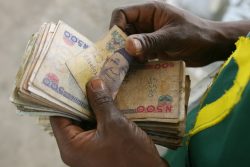






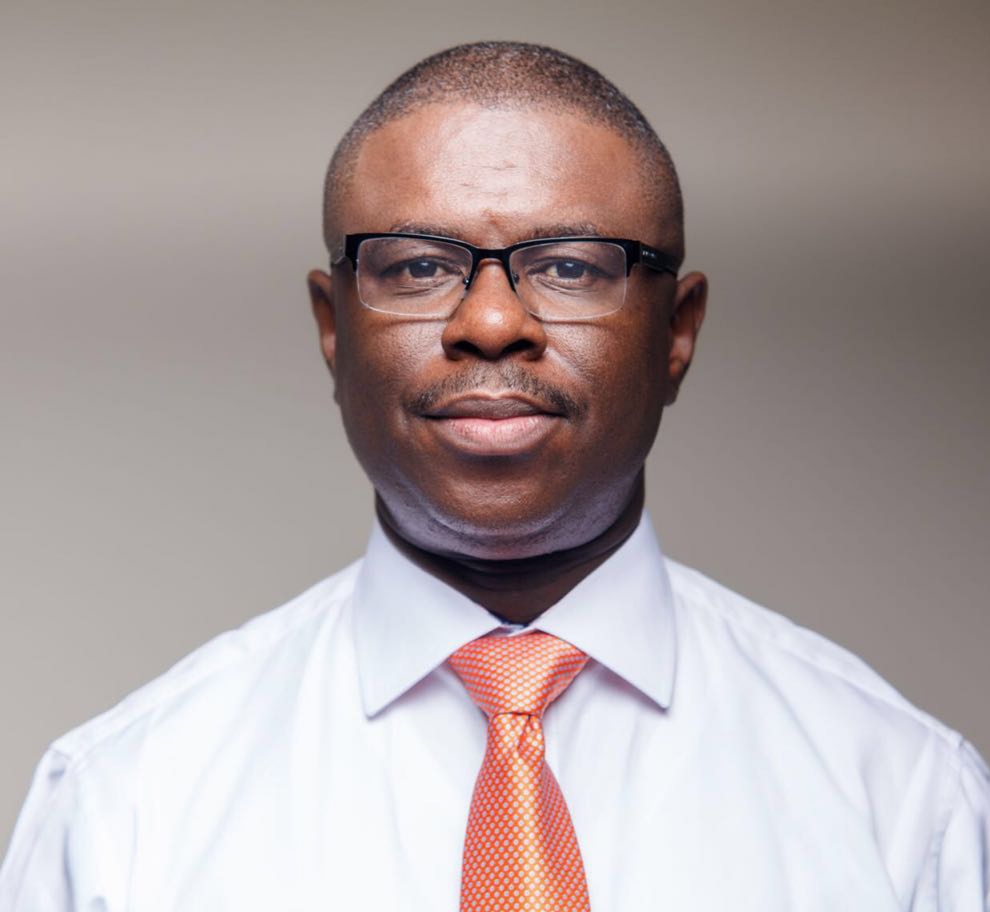

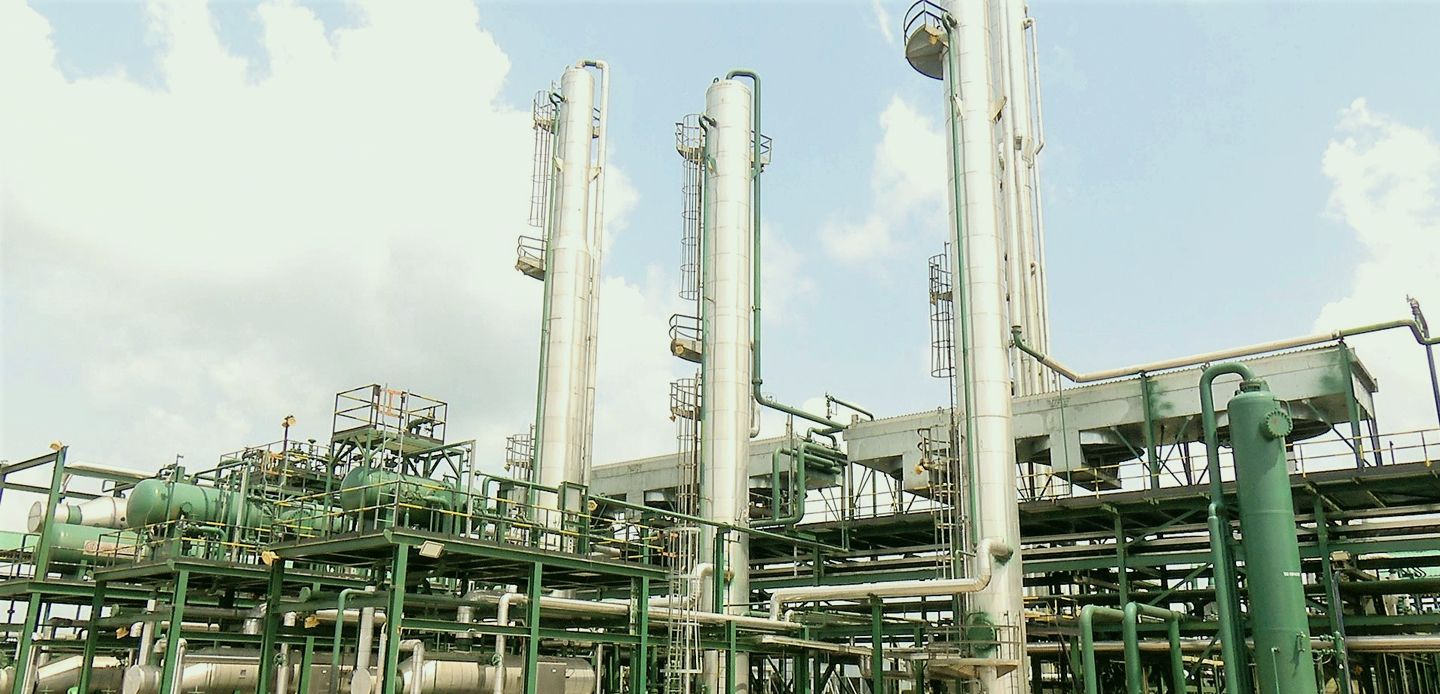
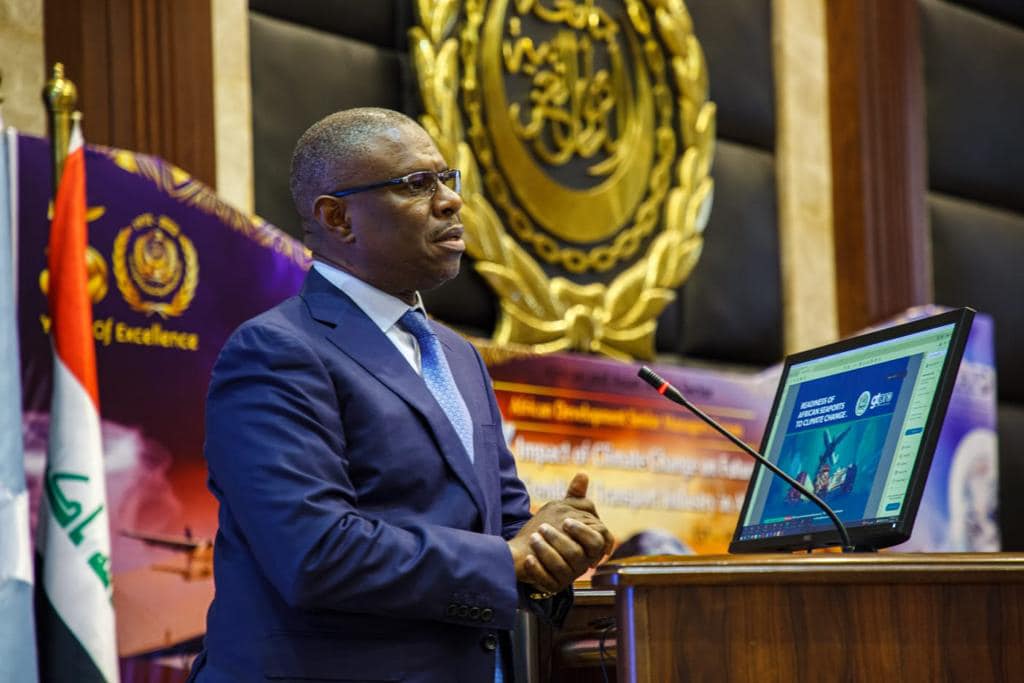

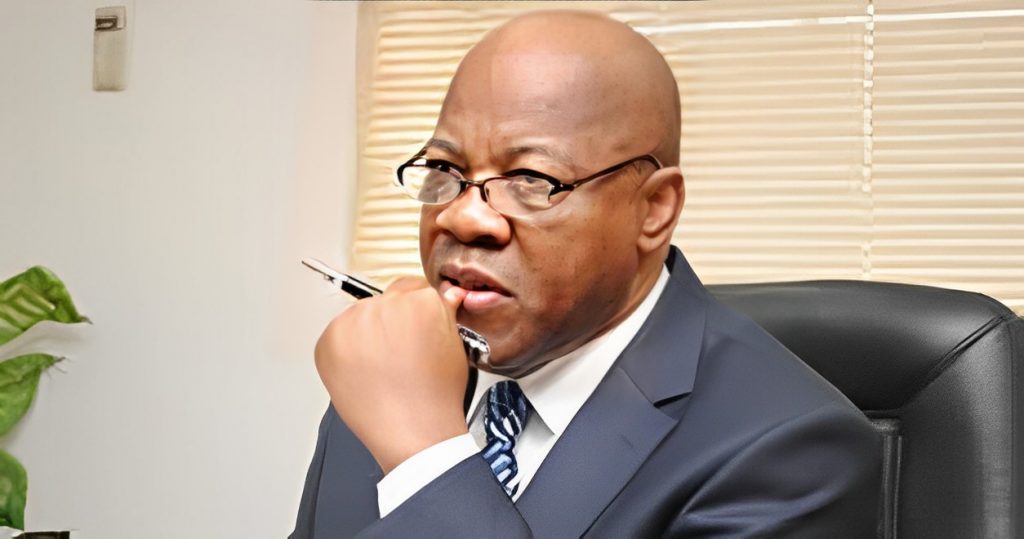
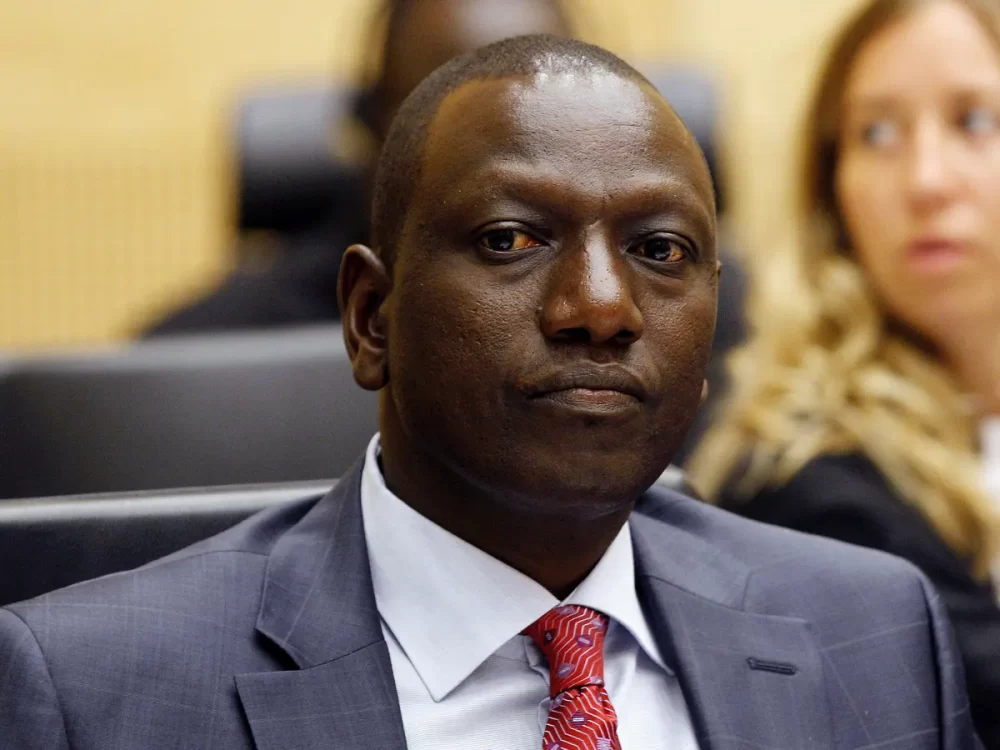
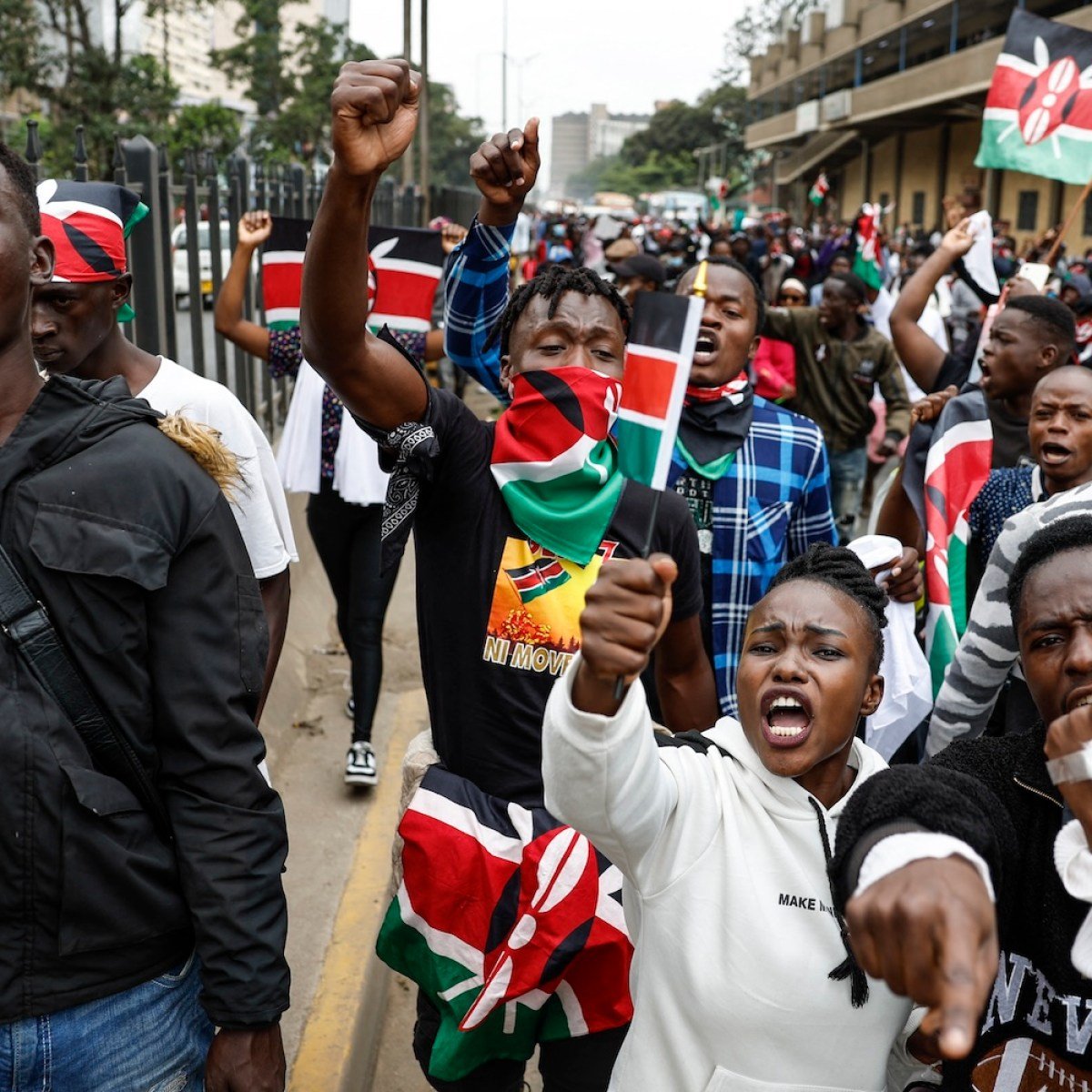


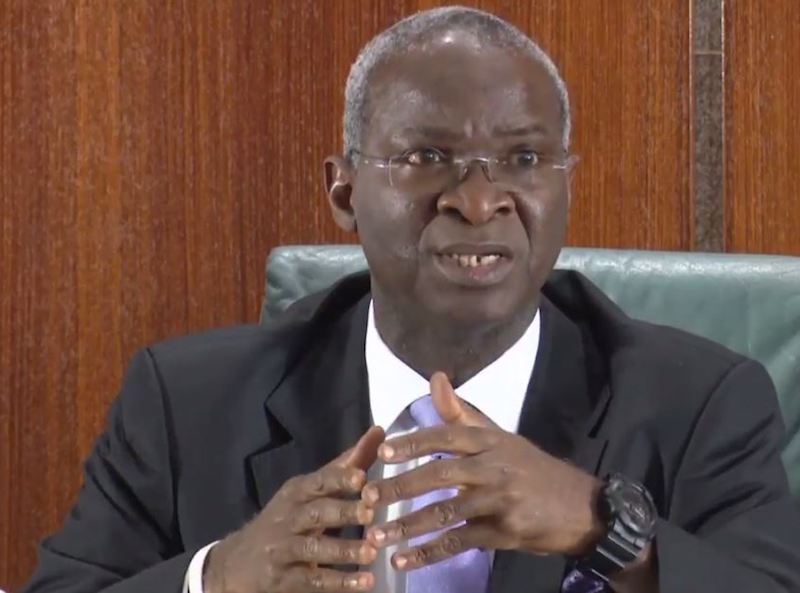
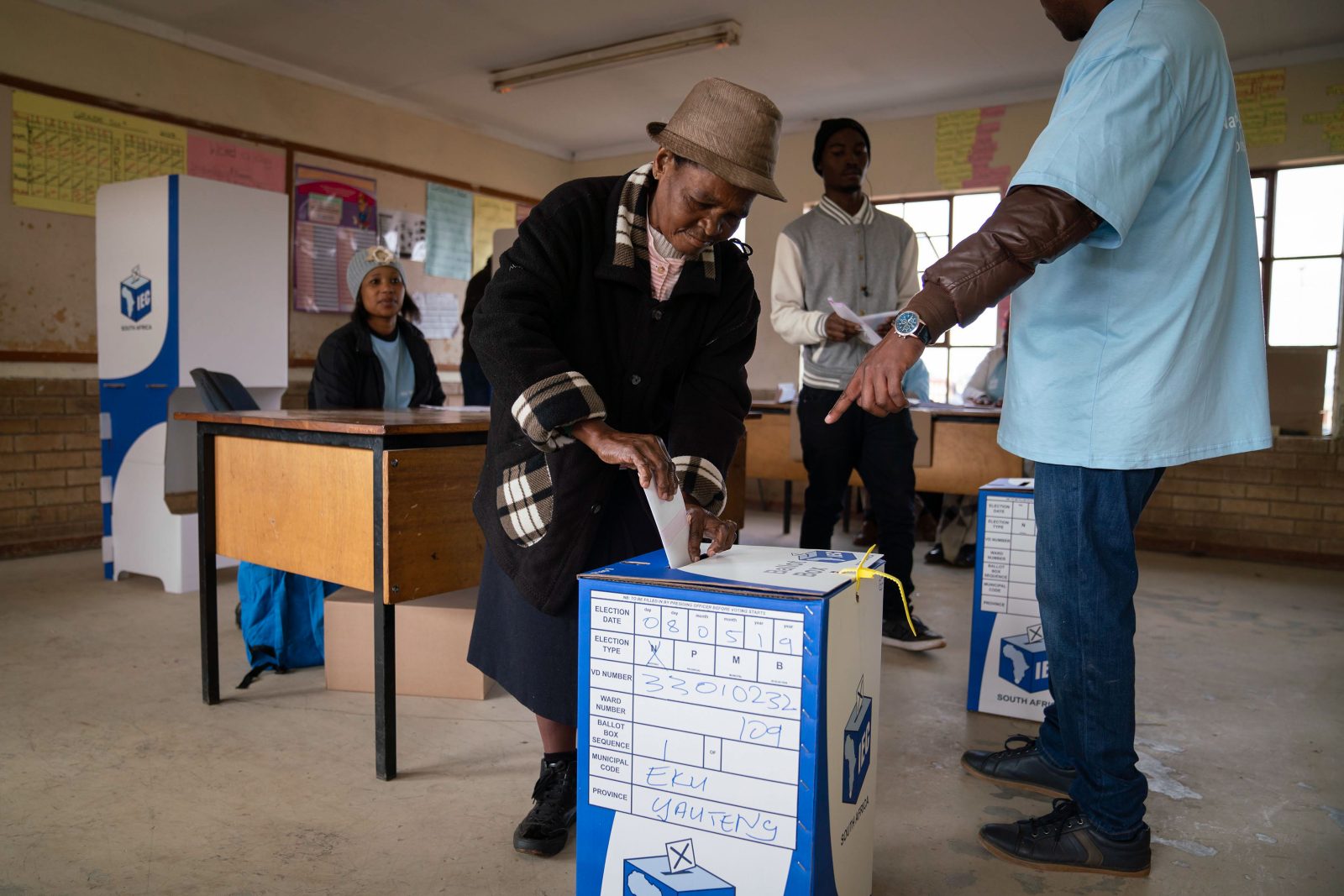


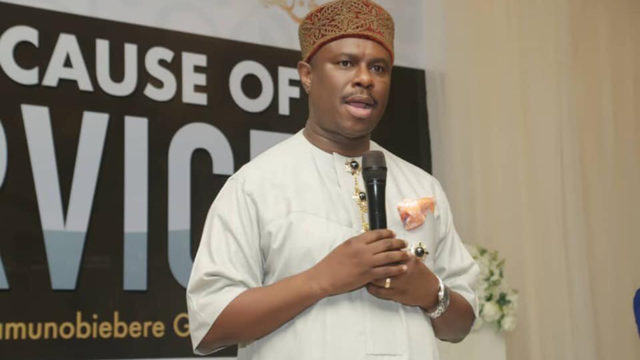
Leave a comment